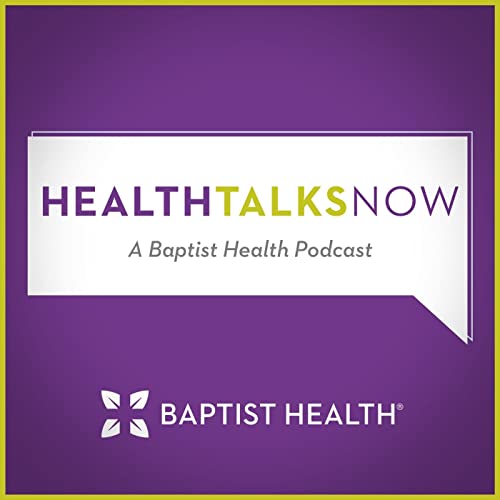On today’s episode, we hear from Nick Sarantis, the Director of Digital Health Services for Baptist Health, about the developments in digital health in the eighteen months since he last joined the show. We’ll also hear about what’s still to come as a new normal of hybrid and accessible healthcare options continues to develop!
As the conversation gets underway, Nick shares an update on how the digital health space has changed in the last year and a half. The focus of Baptist Health, he says, has been on enhancements and optimization; while some digital options existed pre-Covid-19, now all providers are able to offer digital care and access patient records, and options are available to patients 24/7. These changes have represented a huge jump in accessibility, and combined with Baptist Health’s robust patient history questionnaire, have only increased in their ability to provide streamlined care.
To optimize this questionnaire, Baptist Health partnered with platform provider Bright.md. Bright.md has also helped with the development of Care Finder, a new Baptist Health tool for getting patients the right kind of care and helping them to find available options at any given time. Care Finder is part of a larger effort to strategize how to best integrate different points of care, from the emergency room to a digital visit. Hybrid, Nick explains, is the ideal now, and it helps both maximize the resources of different points of care and best help patients with their unique needs.
As the conversation moves toward a close, Nick answers Q&A questions, commenting on what different terms related to digital health mean, the technological requirements for video care, common conditions treated virtually, the process of receiving a diagnosis and prescription virtually, and the cost of virtual care.
Key Takeaways:
[0:20] Introduction to the episode and today’s guest.
[1:51] Nick offers an update on digital health.
[11:28] How did Baptist Health respond to the sudden need to move digital?
[19:12] On how different points of care can work together.
[25:35] Nick shares about the new Care Finder tool.
[37:25] Nick fields Q&A questions.
Learn more about Bright.md and Care Finder.
To access Baptist Health virtual care, click here or get started in MyChart!
Follow Baptist Health:
Facebook
Instagram
Twitter
Youtube
 Aug 17 202214 mins
Aug 17 202214 mins Aug 1 202223 mins
Aug 1 202223 mins Jul 18 202215 mins
Jul 18 202215 mins Jul 4 202245 mins
Jul 4 202245 mins Jun 20 202233 mins
Jun 20 202233 mins Nov 18 20214 mins
Nov 18 20214 mins Oct 28 202125 mins
Oct 28 202125 mins 36 mins
36 mins
